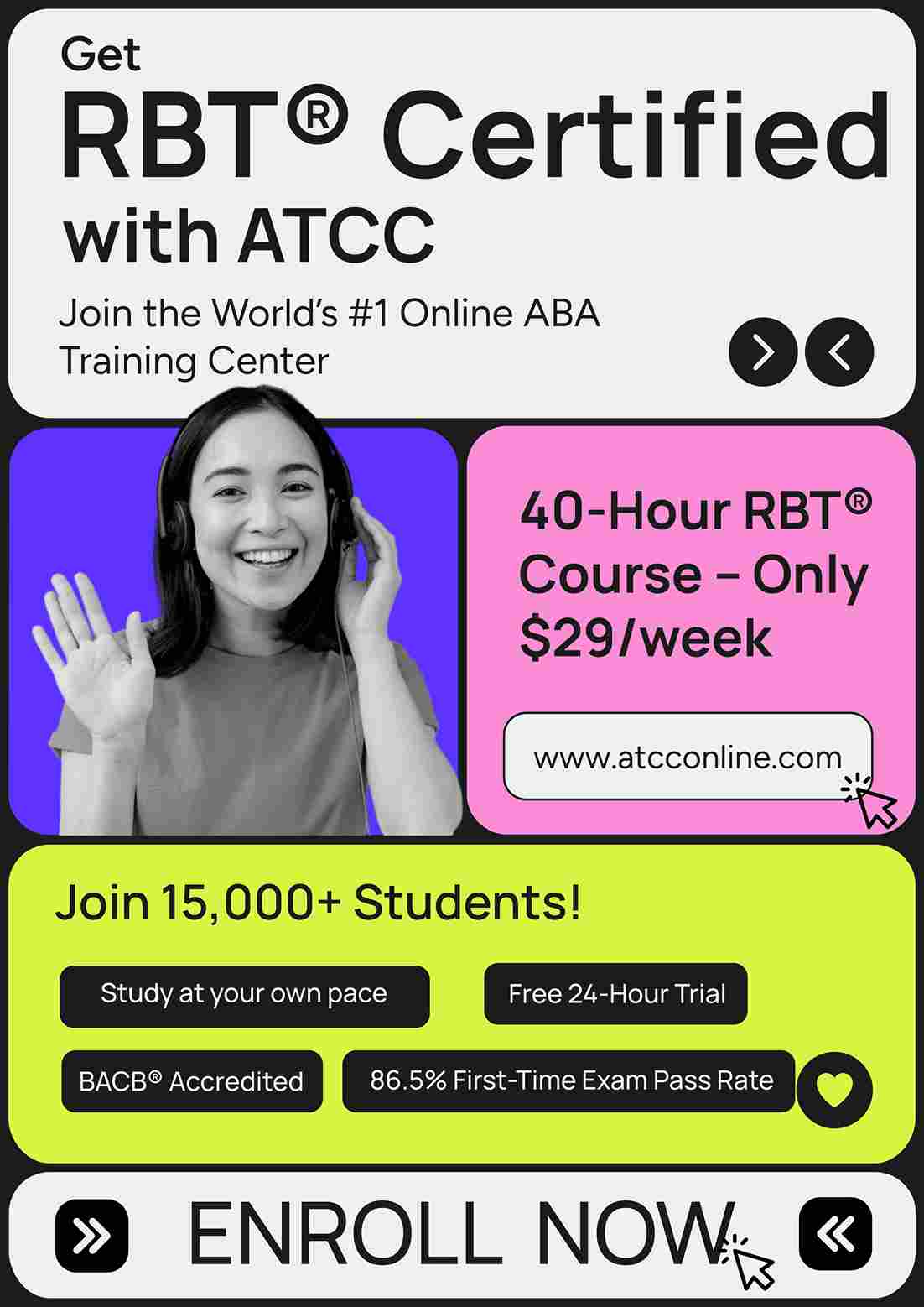Welcome to the Professional Conduct and Scope of Practice Quiz! Understanding the ethical guidelines, responsibilities, and boundaries as a RBT is crucial for building trust, ensuring quality service, and maintaining public confidence.
Whether you’re a student, a new practitioner, or an experienced professional looking for a refresher, this quiz is designed to help you assess your knowledge in these vital areas.

Test your understanding of key principles and scenarios related to professional integrity and the defined limits of your practice.
Let’s see how well you know your professional responsibilities!
Results
#1. When implementing a behavior intervention plan, which of the following is NOT a necessary step?
Ignoring the supervising BCBAs instructions is unethical and unacceptable RBTs must collaborate with and follow the BCBAs guidance for ethical and effective intervention implementation




